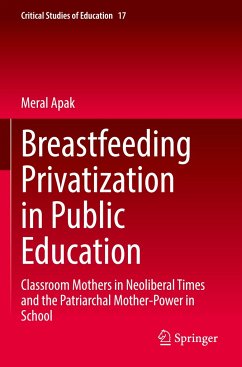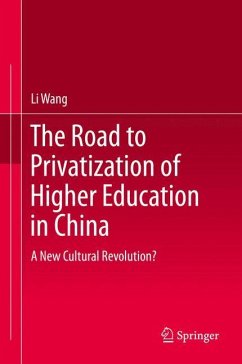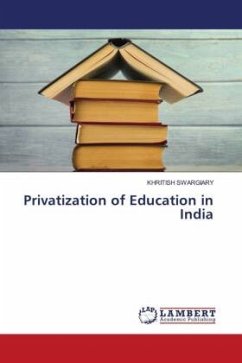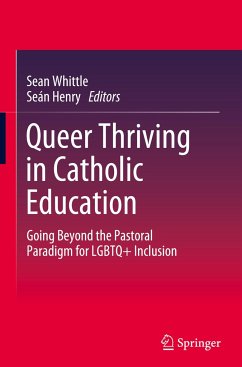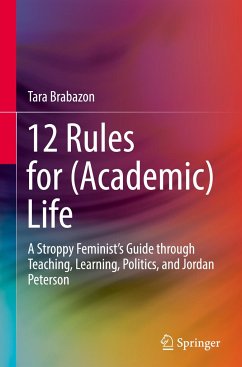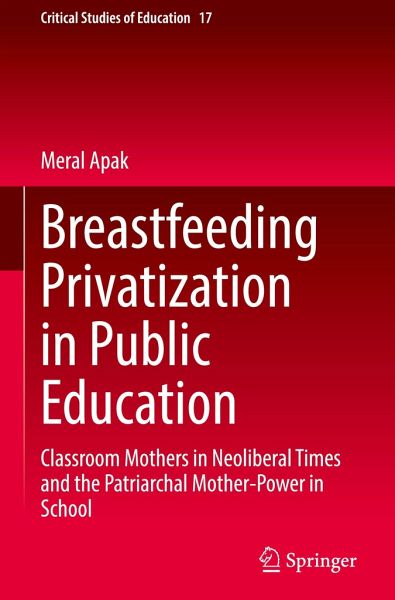
Breastfeeding Privatization in Public Education
Classroom Mothers in Neoliberal Times and the Patriarchal Mother-Power in School
Versandkostenfrei!
Versandfertig in 6-10 Tagen
83,99 €
inkl. MwSt.
Weitere Ausgaben:

PAYBACK Punkte
42 °P sammeln!
This book unveils women's empowerment as mothers as a notion in the school system that reinforces patriarchy rather than weakening it. It discusses how empowerment is a contested notion, even though it is mostly praised in terms of women's emancipation. This book explores the concept that although women are breastfeeding education as mothers in the neoliberal education system, they are not necessarily doing so as a self-sacrifice as one may generalize in the context of neoliberal economy. Instead, this book argues that women are doing this as a means of investment for gaining a sense of indivi...
This book unveils women's empowerment as mothers as a notion in the school system that reinforces patriarchy rather than weakening it. It discusses how empowerment is a contested notion, even though it is mostly praised in terms of women's emancipation. This book explores the concept that although women are breastfeeding education as mothers in the neoliberal education system, they are not necessarily doing so as a self-sacrifice as one may generalize in the context of neoliberal economy. Instead, this book argues that women are doing this as a means of investment for gaining a sense of individual power, which ironically, reinforces patriarchal values. It presents demonstrative and descriptive practical incidences in the field.



